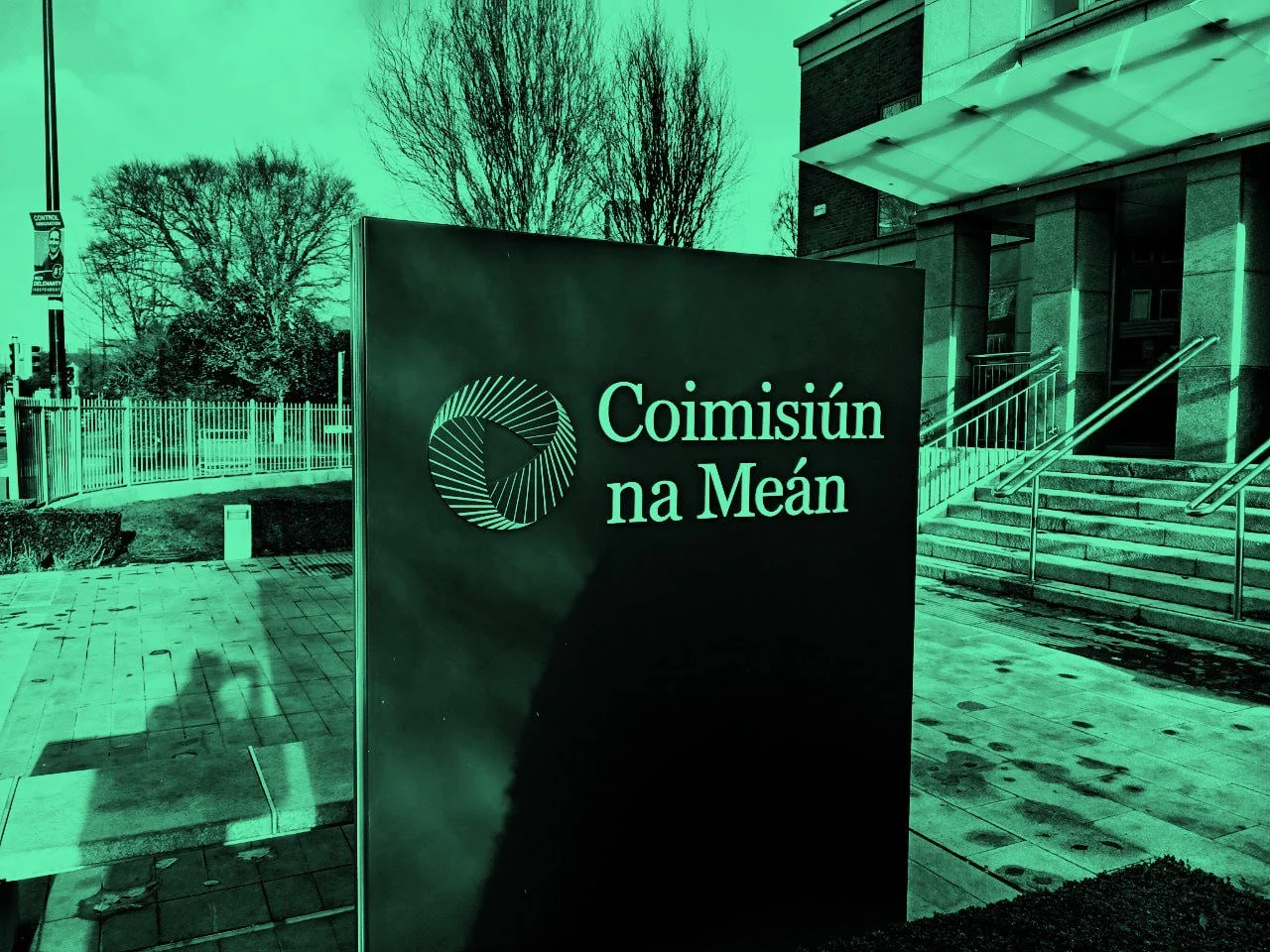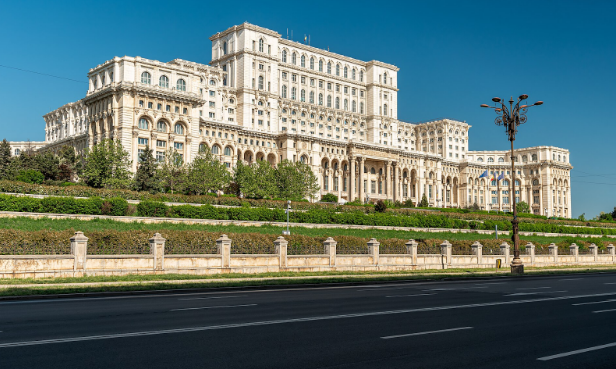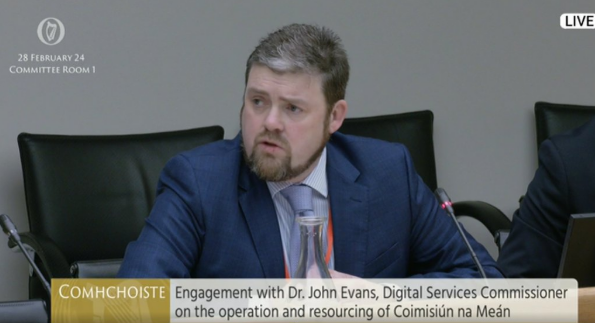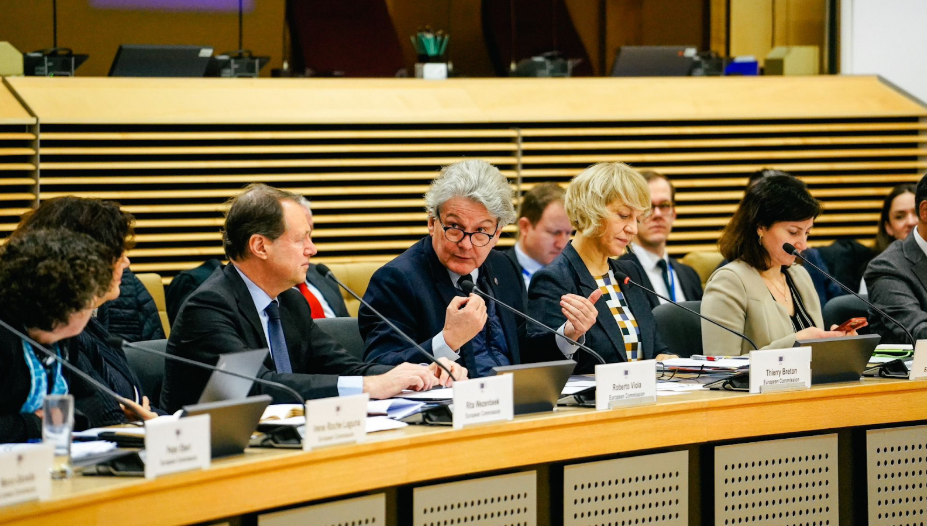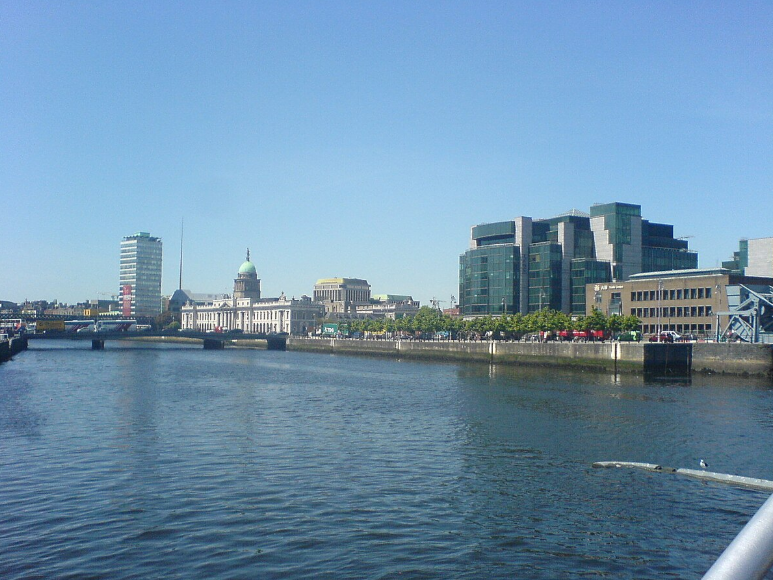Romanian Elections First Test for Coimisiún na Meán’s Digital Great Game
The Georgescu Affair
The political future of Bucharest may well be decided on the Shelbourne Road, and such a scenario has our domestic bureaucrats sweating.
The cat-and-mouse game between NATO, Russian spooks, and a netherworld of NGOs that has been persistent in Serbia, Georgia, and Belarus looks set now to afflict the EU proper as a ruling by Romania’s constitutional court threw the country’s presidential election into disarray.
The shock rise of UN apparatchik turned national populist Calin Georgescu appears to have surprised the rules-based global order with claims (valid to a certain extent) of Russian interference contributing to the nullification of November’s election result.
Very much an imperfect post-Soviet democracy only on the right side of Brussels due to its pro-Zelensky policies, this latest crisis is likely to expose structural cracks within Romanian liberalism.
Beneath the varnish of a Western-facing economy in Romania lies a civil society plagued by mafia clans, embedded oligarchs, and ultranationalist groupings. All of these entities have competing interests as the process of liberalisation begins to waver.
Similar to excuses given for the rise of the German AfD, TikTok is now being fingered as a conduit for Russian-backed misinformation identical to the Kremlin's active measures used to unsettle NATO in Moldova.
Regarded as a logistics fallback position for NATO, the missile defence site in the town of Deveselu and the rapidly expanding Mihail Kogălniceanu Air Base highlights the important piece of real estate Romania sits on for Atlantic powers that Georgescu could potentially disrupt.
With TikTok executives dragged across the coals last week by Eurocrats, Romania looks posed to become a lab for a new instrument of online content regulation and one which ultimately will be wielded by a handful of public servants located in the shadow of the Aviva stadium.
Therein lies the Irish factor in an Eastern Europe power struggle.
Dublin’s New Digital Great Game
Dr John Evans was an understandably nervous man when he testified before the Oireachtas Enterprise committee on implementing the Digital Services Act last February.
With 13 out of 22 major tech platforms based within spitting distance of the Liffey Dublin is on the cusp of becoming the global waystation of the transatlantic censorship industry.
The era of an unregulated internet born out of 90s optimism is crashing hard, not least in our Silicon Docklands, with Irish and EU bureaucrats scrambling to establish protocols to pull content upon government request.
The Parnell Street riots of November last year hit a regulatory tripwire extending all the way to Brussels, when Dublin gurriers triggered the first use of the incoming Digital Services Act (DSA).
Billed as the GDRP for content regulation, the DSA grants both the EU and national governments emergency powers to take down social media postings contrary to their self-interests with a clear eye on curtailing the reach of the populist right.
Following Oireachtas hearings regarding the DSA rollout in Dublin, one gets the sense that Irish regulators are set to be simply overwhelmed by a caseload that essentially gives them powers to pull almost any online content in politically charged environments such as what is evolving in Romania.
Running the risk of trashing Ireland street cred with multinationals while placing a target on your own professional back, was it any wonder why Dr John Evans, our designated digital commissioner. looked to be sweating bullets when speaking in front of TDs and Senators?
The DSA operates through 27 national agencies across the EU of which Coimisiún na Meán is just one.
A revamp of the Broadcasting Authority of Ireland, Coimisiún na Meán is responsible for supervising platforms and intermediaries based in Ireland, including major tech companies headquartered there (e.g., Google, Facebook/Meta etc.).
Through a system of fines and direct liaisons, Coimisiún na Meán has the power, in the event of emergencies, to trigger multi-billion-euro fines to force compliance with both the European Commission and other national agencies developing hotlines to their Dublin HQ
Under the DSA, companies can face fines of up to 6% of their global annual turnover for non-compliance with its provisions, with Coimisiún na Meán already being prepped for a potential EU-wide takedown of the CCP-linked TikTok or Musk’s Twitter should orders be given,
The caseload is understandably nauseating for a relatively small Irish agency, paralleling the heavy load put on our Data Commissioner on Fitzwilliam Square, essentially regulating data flow for US multinationals in Europe, including scraps with the NSA.
Through a system of trusted flaggers, Coimisiún na Meán is outsourcing some of the load with left-leaning figures from Ireland’s NGO establishment already appearing on the scene.
2010s Irish hyper-liberalism was predicated on this professional proximity to Big Tech and this new regulatory framework installed by the DSA presents a new opportunity for the old hands in the Republic’s NGO machine.
Domestic players in Ireland are angling to become the deciding voice in the room when it comes to content regulation internationally, perhaps even extending to the United States by piggybacking on our place in the geopolitics of the digital age.
Is it no coincidence that digital high flyers such as HM Government’s Jeremy Godfrey are being parachuted in to steer the Irish operation considering its importance?
Beyond these characters, the importance of the DSA administration in Dublin brings a lot of international heat as populism lets loose on the European status quo and various ‘ethnic shocks’, such as those seen on Parnell Square or recently in Southport England, elicit censorship.
The workload of Coimisiún na Meán was a topic of conversation at a seminar I attended this week at the European Parliament, during which Silicon Valley whistleblower Michael Shellenberger hinted that “the deepest darkest elements of the U.S security state” sought to utilise Dublin in their global war on free speech.
Regardless, 200 office workers and some key strategic partners in the NGO sector are on the cusp of opening a Pandora’s Box on internet regulation the likes of which will shape election cycles from here to Cyprus.
Imagine three months from now with French or German elections when a handful of Coimisiún na Meán will have influence over pulling the online reach of the AfD or Le Pen’s RN?
Think of how Coimisiún na Meán fits into the transatlantic relationship when it is asked to take the axe to TikTok in Europe or Twitter.
A whole new world of intrigue is heading for Coimisiún na Meán’s three-story office block as major players look to influence Dublin’s regulatory landscape with snap decisions or protocols made in one Irish agency destined to outweigh the importance of our national government.
The digital future is unlikely to be created in Dublin anymore but a regulatory landmine is about to blow

